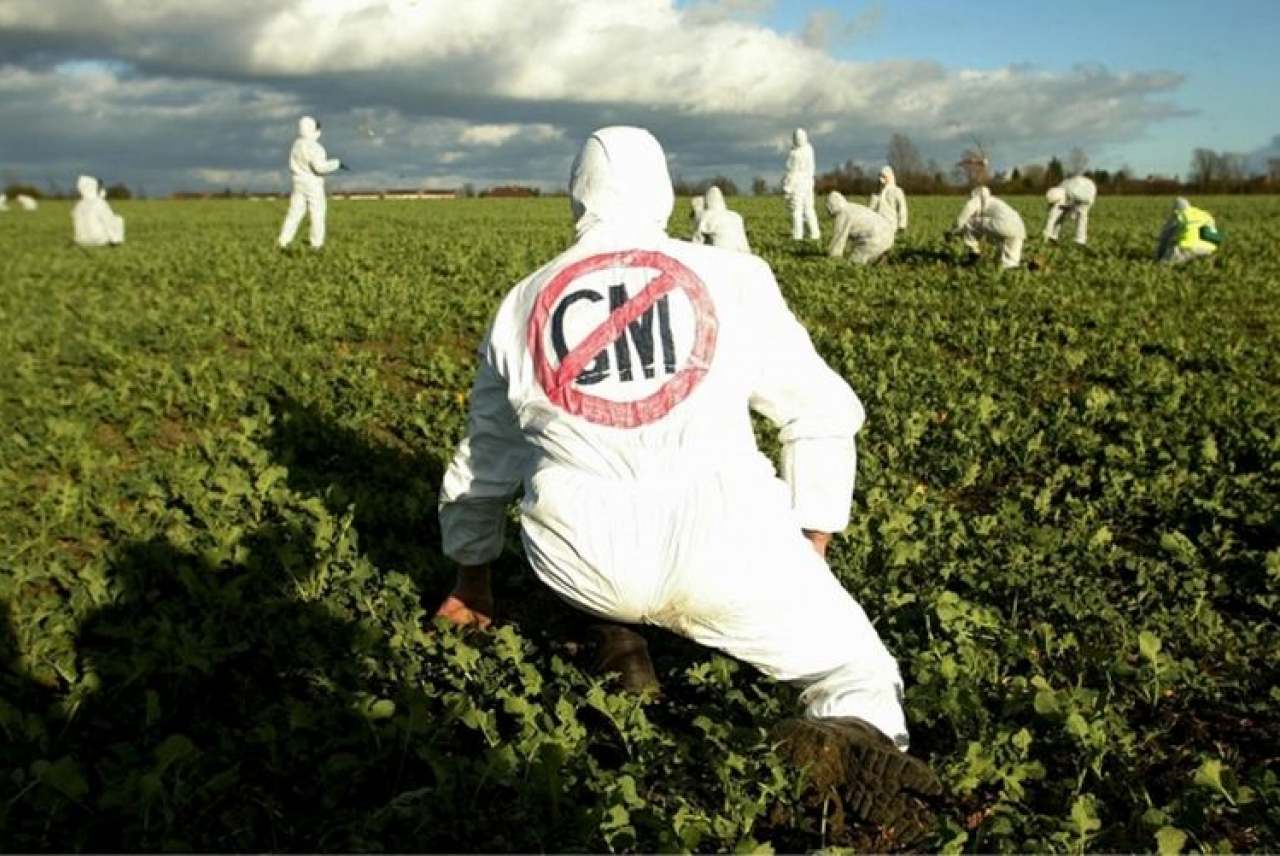Genetically modified crops are now being consumed in many parts of the world but have not taken hold in the UK thanks to resistance from campaigners and consumers.
The consumer action that’s kept GM at bay has been successful because buying GM free is better for your health and the environment.
Here are 3 reasons why:
1. More GM = More herbicides
- Growing GM herbicide-tolerant crops has led to an increases in herbicide use.
- Around 98% of commercialised GM crops are engineered to tolerate herbicides.
- Herbicides contain toxic chemicals designed to kill plant life and reduce biodiversity.
According to research by the US Department of Agriculture, the use of herbicide-tolerant crops led to a 239 million kilogram increase in herbicide use in the United States between 1996 and 2011.
This is about 7% more compared with the amount that would have been used if the same acres had been planted with non-GM crops.
2. More GM = More pesticides
Pesticides are often genetically engineered into the plants themselves.
Cheerleaders for GM say that the toxin engineered into GM crops is harmless to those insects and animals that are not a threat to crops and it cuts down the amount of GM used.
These crops with added pesticide are called GM Bt.
However GM Bt crops have been found to harm butterflies and beneficial insects that are helpful to farmers, such as ladybirds and lacewings. Plus GM Bt crops have been found to be toxic to mammals in laboratory and farm animal feeding experiments.
This is because the natural Bt toxin only works in the insect pest’s gut and degrades rapidly in daylight. But the Bt toxin in GM Bt crops is chemically different and does not degrade or work in the same way.
Also GM Bt crops do not reduce or eliminate pesticide use when it is considered that the plant itself becomes a pesticide. GM Bt crops generally produce more pesticide than the amount of chemical pesticide that they replace – up to 19 times the amount in the case of GM Bt maize.
3. GM has not been proven safe to eat
They have found that some GM crops, including those already on sale, have toxic or allergenic effects. These effects, may arise from the GM crop itself or from residues of the pesticides used on them.
Some of the most common problems include:
- Increased liver and kidney toxicity
- Disturbed liver, pancreas and testes function
- Immune disturbances and responses
- Digestive and intestinal problems and Stomach lesions
The information on this page was taken from 10 Questions about GM food which was produced by GM Watch.
Further Reading
Our product guides below feature products that are likely to contain GMOs.




